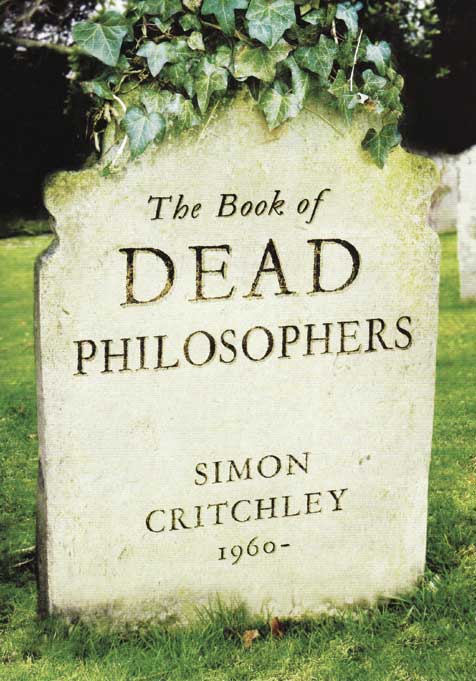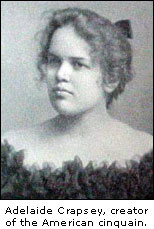 |
| Front page - send your friends! |
Sorry - this is not very much about writing, but I was so excited about it, that I felt I just had to share it with anyone who I'm connected with.
We (that is, The Good Book Company that I work for) have just launched a new website designed to help people with questions about faith have them answered in a straightforward and simple way.
Would love you to check it out, pass it on, blog it up, tweet it down, facebook it across, and generally big it over. It has been know for some people to actually speak to each other face to face about things as well - weird but true!
Be massively grateful for feedback, as the development of this site will be a long-term project for us.
Enjoy.
Creative writing
One interesting thing to share purely from a writing front about this was how we came up with the strapline. One Life. What's it all about?
We had a fair bit of "smoke filled room" time with the other creatives the editorial team here. Carl, Anne, Alison, Martin and me. We did some brainstorming (and yes - we are still allowed to call it that, despite the politically correct naysayers - see this link at the epilepsy society for confirmation). We filled sheets of post-its on the wall with ideas, drew mind maps etc. thinking about the questions people ask, and how that might connect with the Christianity Explored course, which is basically, a walk through the Gospel of Mark.
In the end (don't know who it was) Carl and I put together the two phrases that had been suggested separately and in different contexts, and realised that it perfectly described both ends of the equation. For the person asking their questions about life, it is a summary of what they may be feeling or thinking. But it also points to the One life of Jesus that is the focus of the course, and suggests that we can find the answer to our question, by discovering the meaning and significance of His life.
I know that all sounds like a terribly clever piece of copywriting by an able creative team. But, pretty much, it happened by accident (or through the providence of God if you see things that way - which, incidentally, I do).
But my writing process observation is this:
- Don't panic: we know we needed something great, and soon. But putting ourselves under pressure would have strangled the process
- Don't rush: We did some short sessions of idea generation, but then left it and came back to it repeatedly for more reflection over the space of 10 days.
- Good things happen by accident: don't throw stuff away to quickly - it may take you a little time to see how brilliant it actually is!













